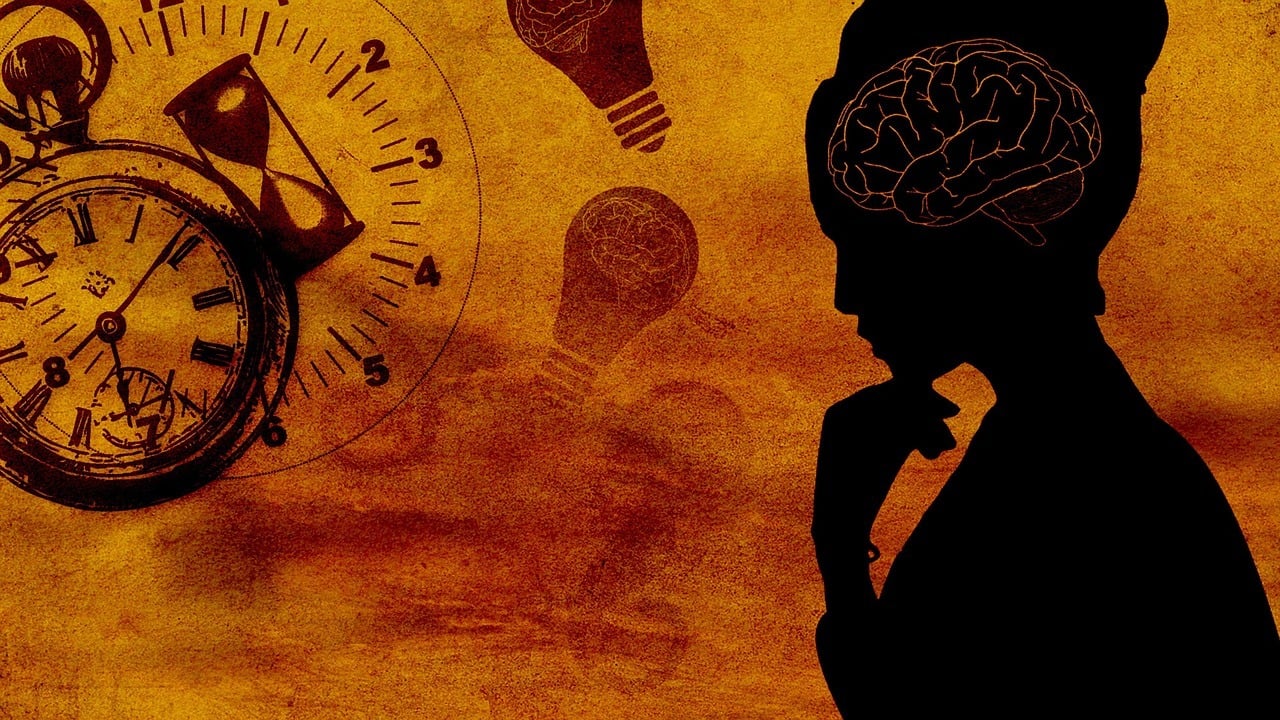How to Express Romantic Love: Effective and Heartfelt Gestures
All the world celebrates romantic love, and people from all walks of life look for ordinary moments and extraordinary ones to express love to their...
3 min read
![]() Williamsburg Therapy Group
:
Jun 18, 2025 4:12:14 PM
Williamsburg Therapy Group
:
Jun 18, 2025 4:12:14 PM

ADHD is a neurodevelopmental disorder that has been increasingly diagnosed in adults in recent years. It can be very disruptive to daily life and relationships, and being diagnosed with ADHD can be the first step toward treatment and creating a sense of calm out of chaos. In this article we'll learn to recognize the signs and symptoms of ADHD, how to get a diagnosis, and common effective treatments for this disorder.
Attention Deficit Hyperactivity Disorder (ADHD) is a neurodevelopmental disorder characterized by difficulty paying attention, hyperactivity, and impulsive behaviors. ADHD symptoms can interfere with daily functioning and relationships, making it essential to understand the signs and seek professional help.
Diagnosing ADHD requires a comprehensive evaluation by a mental health professional, considering factors such as symptoms, behavior, and medical history. Adult ADHD is a common condition that can affect daily life, work, and relationships, and seeking treatment can significantly improve symptoms and overall well-being.
The National Institute of Mental Health estimates that ADHD affects millions of adults worldwide, highlighting the need for awareness and proper diagnosis.
Common symptoms of ADHD include inattentive symptoms, such as difficulty paying attention, and hyperactive-impulsive symptoms, such as excessive activity and impulsivity. ADHD symptoms can vary in severity and impact daily life, relationships, and work, making it crucial to recognize the signs and seek help.
Symptoms of ADHD can fall under two categories: inattentive or hyperactivity-impulsive symptoms.
Inattentive symptoms can include:
Hyperactivity-impulsive symptoms can include:
Mental health conditions like anxiety, depression, and bipolar disorder can co-occur with ADHD, complicating diagnosis and treatment. Personality disorders and learning disabilities can also be associated with ADHD, emphasizing the need for a comprehensive evaluation.
Diagnosing ADHD involves a thorough evaluation by a healthcare provider, including a physical exam, medical history, and assessment of symptoms. A primary care provider or healthcare professional can diagnose ADHD, but a specialist may be necessary for complex cases.
The diagnostic process involves identifying certain symptoms, such as inattention, hyperactivity, and impulsivity, and ruling out other conditions. A full assessment may include input from family members, teachers, or employers to provide a comprehensive understanding of the individual’s behavior and symptoms.
The healthcare provider will also assess the individual’s daily functioning, relationships, and overall well-being to determine the impact of ADHD symptoms.
A mental health professional plays a crucial role in diagnosing and treating ADHD, providing a comprehensive evaluation and determining treatments. These providers can help individuals with ADHD manage symptoms, improve daily functioning, and enhance overall well-being.
Therapy, medication, and lifestyle changes are common treatments for ADHD, and a therapist can help individuals navigate these options. A therapist can also provide support and guidance for family members and caregivers, helping them understand and cope with the challenges of ADHD.
Regular follow-up appointments with a therapist are essential to monitor progress, adjust treatment, and address any concerns or questions.
An ADHD test can be a useful tool for identifying symptoms and guiding conversations with healthcare providers or therapists. However, an ADHD test is not a definitive diagnostic tool and should be used in conjunction with a comprehensive evaluation by a mental health professional.
Online ADHD tests can provide a preliminary assessment of symptoms, but a thorough diagnosis requires a face-to-face evaluation by a qualified professional. The results of an ADHD test can help individuals understand their symptoms and seek timely diagnosis and treatment.
It is essential to note that only a qualified healthcare provider or therapist can provide an accurate diagnosis and develop an effective treatment plan.
Mental health is essential for overall well-being, and seeking help for ADHD or other mental health conditions is crucial for improving daily functioning and relationships. Untreated ADHD can lead to increased risk of mental disorders like depression, anxiety, and substance abuse, emphasizing the need for timely diagnosis and treatment.
Many adults with ADHD also experience mood swings, low self-esteem, and low self-worth. Mental health professionals can provide support and guidance for individuals with ADHD, helping them manage symptoms and improve overall well-being. A comprehensive treatment plan for ADHD should address mental health concerns, providing a holistic approach to managing symptoms and improving daily life.
By prioritizing mental health, individuals with ADHD can take the first step towards managing their symptoms, improving their relationships, and enhancing their overall quality of life.
There are several treatments available to manage symptoms of adult ADHD. A healthcare provider may suggest any combination of the following:
Most adults ignore or try to struggle through the symptoms of ADHD. If you suspect that you have adult ADHD, therapy can make a huge difference in quality of life.
At Williamsburg Therapy Group, our team of doctoral-level Brooklyn psychotherapists allows you to work with a trained professional that can create change and offers a variety of evidence-based practical strategies, healthy coping skills, and techniques that make living with ADHD easier.
With the right support, it’s possible to successfully treat the symptoms of ADHD, improving work life, home life, and personal relationships. If you have been thinking about seeking help, reach out to our customer service coordinator to get matched with a professional who can offer tools and strategies to manage ADHD and help you live your best life.

All the world celebrates romantic love, and people from all walks of life look for ordinary moments and extraordinary ones to express love to their...

What is relationship burnout or relationship fatigue? Many of us have heard of burnout, but we often connect it to professional life and the problems...

In today's digital age, so many of us are locked into our mobile devices each and every day, which can have a negative impact on our mental...